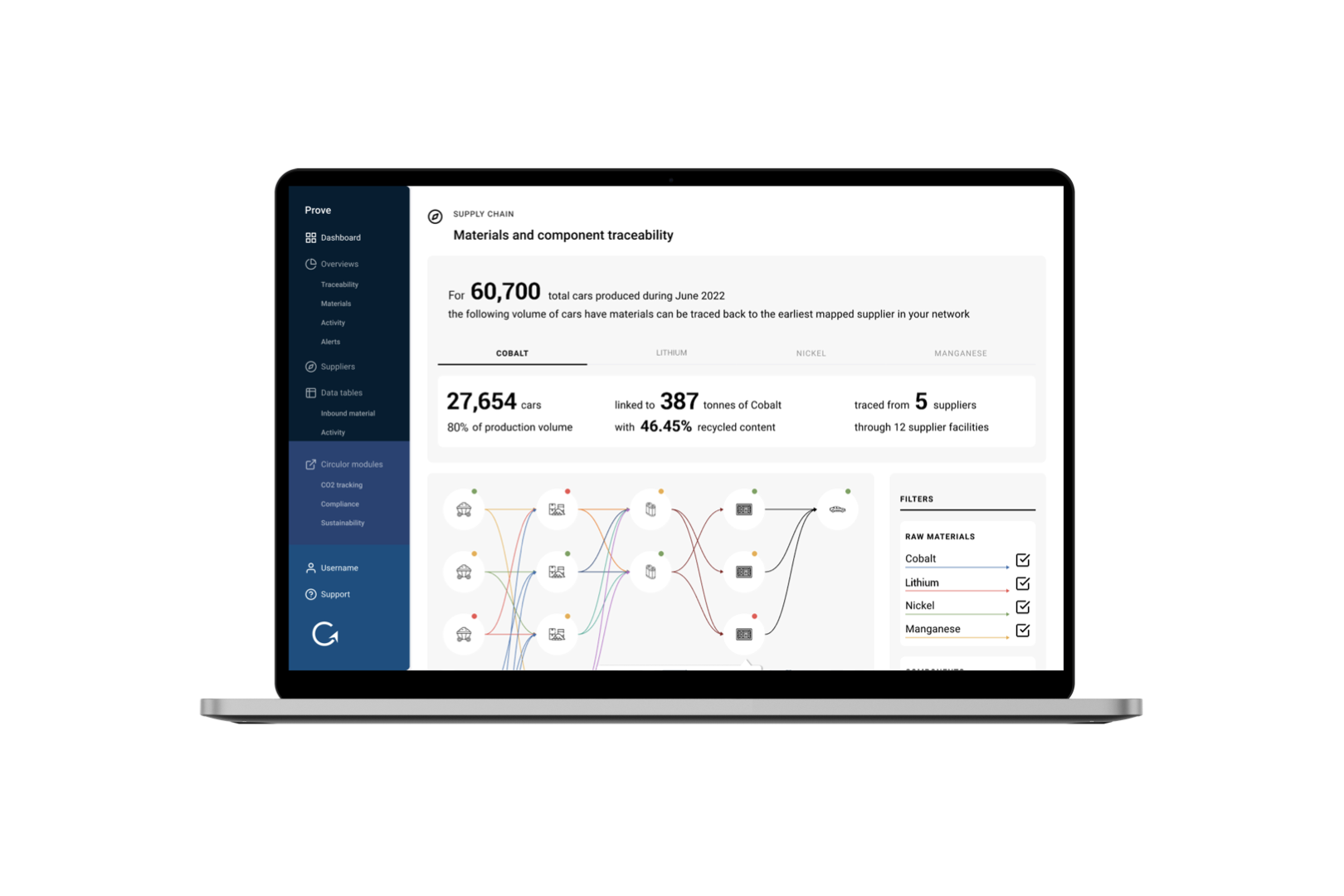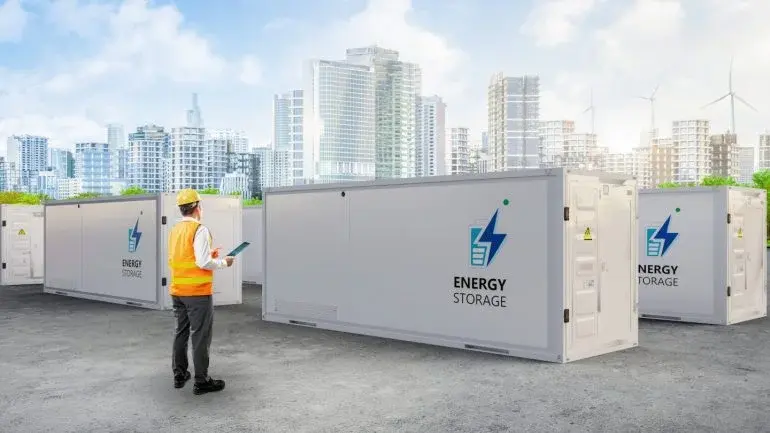
19.12.2024
News
December 2024 Newsletter: Defining moments of 2024 and 2025 outlook: Building resilient, transparent, and responsible supply chains
Growth and competitiveness will be key themes moving forward, and traceability, especially with its ability to differentiate sustainable, responsible products will be a tool with which it is carried out.
In this last newsletter of the year, we look back at the defining moments of 2024 and make predictions for the year ahead, assessing where we stand in creating resilient, transparent, and responsible global supply chains.
What we know from 2024…
Responsible sourcing necessitates ongoing, end-to-end traceability.
Forthcoming due diligence obligations go well beyond what companies are doing today. The EU Batteries Regulation sets a new precedent in transparency and accountability, requiring end-to-end supply chain traceability of cobalt, lithium, nickel and natural graphite by August 2025. Kumi Consulting, advisors to the European Commission on the topic, and Circulor share the scope of the new requirements and advise on practical implementation.
Watch the webinar here or check out this helpful FAQ.
Product transparency is here—at scale
The automotive and battery industries are rapidly transforming, and it’s clear that their growth will not be a straightforward, upward trajectory. Product transparency, through battery passports, is seen to help overcome these challenges by shaping closers ties with suppliers, tapping greater value by evidencing provenance and production flows, and informing purchasing decisions. 2024 saw the world’s first battery passport on the Volvo EX90, as well greater focus on passports as tools for operational efficiency and competitiveness via the German Battery Pass project’s 'Unlocking the Value of the EU Battery Passport’ assessment.
Collaboration and harmonization advance economic and climate security
Growing scrutiny on proof of responsible sourcing for clean energy technologies has sparked new collaborations amongst industry players that are powering the future. The ground-breaking work between Ørsted, Siemens Gamesa, Siemens Energy Grid Technologies and Circulor, on the world’s first end-to-end traceability of the copper in the wind turbines is but one example. 2024 also saw a strengthening of relationships between industry, governmental bodies, and neutral third-party standard setters to define the data specifics of what supply chain traceability entails.
What to anticipate for 2025…
Industrial strategies will underpin the build out of clean energy for greater effectiveness and competitiveness
Action on Europe’s competitiveness prioritizes the need for a coherent industrial strategy in 2025. Europe’s Clean Industrial Deal is expected within the new Commission's first 100 days, and it aims to boost EU growth in accordance with Mario Draghi’s joint plan on decarbonization and competitiveness. This must include new financing with stricter responsible sourcing provisions to capture industrial opportunities. On the other side of the Atlantic, the next Trump Administration will also turn to stricter sourcing provisions through tariffs, import restrictions, and incentives that evidence "Made in America" for a range of products including batteries, electronics, solar panels, and more.
Traceability will support scaling recycling capacity, playing a key role in facilitating responsible, localized circular economies
Markets and customers increasingly require proof of recycled content—for batteries that means minimum percentages of recycled cobalt, lithium, and nickel in active materials. With end-to-end traceability needed to calculate and verify the recycled content, it will encourage local sourcing of end-of-life batteries and scrap, as well as responsible practices, strengthening trust in local suppliers and resource sufficiency. Circulor’s collaboration with Cyclic Materials on the world’s first traceability of rare earths showcases how traceability drives responsible recycling and accelerates circularity in key industries.
Beyond batteries…
Transparency is being demanded across a broader range of critical products. Products like steel, aluminum, electronics will need digital product passports (DPPs) by 2027. Growing bans on products made with forced labor, per efforts in the EU, Canada, and U.S., will encourage businesses to adopt traceability solutions that provide visibility and mitigate a myriad of risks. In 2025, we expect DPPs to increasingly be called on to play a crucial role in streamlining customs controls and import restrictions, with likely incorporation into international trade policies.
We wish you and your loved ones an enjoyable holiday season. Thank you for your interest and collaboration in 2024, and we look forward to more in the New Year. Season’s greetings!
We look forward to continuing to bring you global insights here and on LinkedIn. If you were forwarded this newsletter and would like to sign up, please use this link.






![Acculon RA Circulor - website image.001[44].png](/_next/image?url=https%3A%2F%2Fdecisive-wonder-fa24533282.media.strapiapp.com%2FAcculon_RA_Circulor_website_image_001_44_2720fb315d.png&w=1920&q=75)



